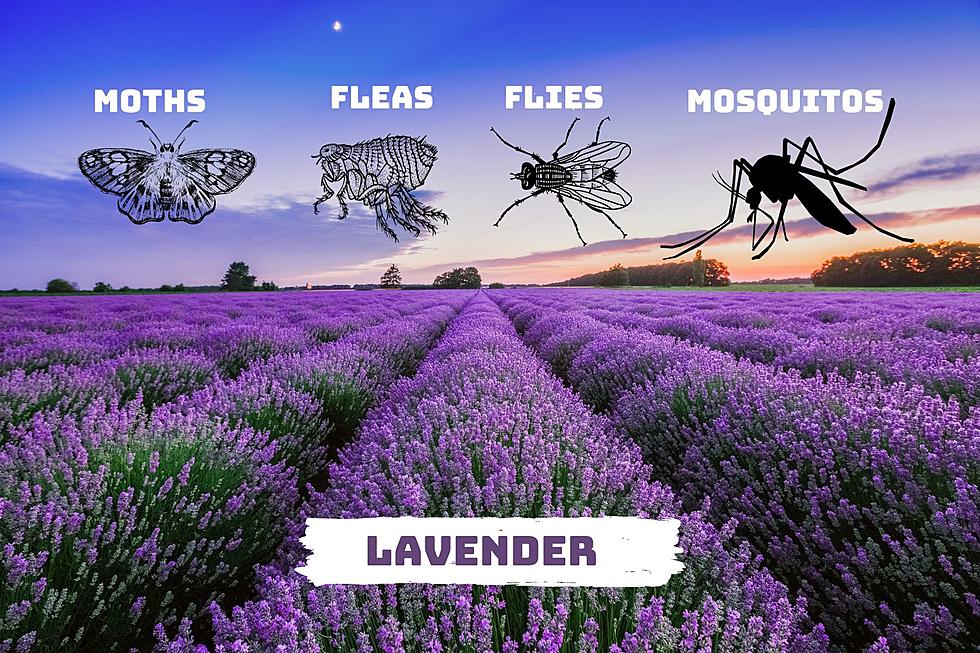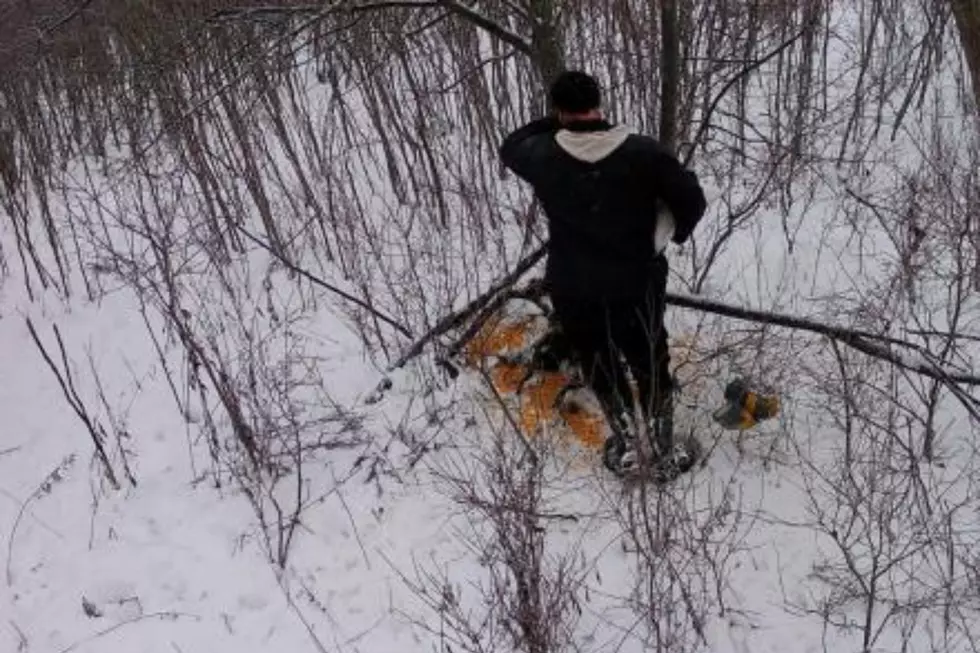
Fall is a Great Time to Plant Trees, Shrubs and Perennials – Ag Matters
While the growing season has ended, that doesn't mean you can't plant anything. In fact, the Master Gardeners at Cornell Cooperative Extension say it's the perfect time to add trees, shrubs and perennials to landscaping and gardens.
Fall planting, between mid-august through mid-October, has many advantages. Temperatures are more moderate and consistent making it easier on the plants. Fall rains help new plants to establish a root system easier, resulting in a strong plant come spring.
Fall is also good time to amend your soil. Pull mulch away from your beds and spread a 2 inch thick layer of compost around the crown of your plants. Work the compost gently into the top few inches of soil. The compost will start feeding your plants right away before it freezes; and as it thaws in the spring, this slow-acting amendment will get your garden off to a good spring start.
Look for great buys on shrubs, trees and perennials. When planting shrubs or trees, remove all wires or twine if the root balls are wrapped. If the root ball is in burlap, you can either remove it or leave it since it will decompose. Trees and shrubs should be planted wide, not deep. Loosen the roots before you plant; don't worry if you cut some of the roots since you want them loose in the ground anyway. Water well, and regularly until the ground freezes, so the plant can survive the winter.
Get your soil tested now. Soil pH influences the nutrients available to your plants. Cornell Cooperative Extension Oneida County will be happy to assist you with pH testing; you can drop off a sample of soil at the office or pick up a complete Agro-One Soil Kit for a nominal fee.
You can get more information from experts by calling the Horticulture Hot Line Wednesdays and Fridays from 9:00am to 12:00pm at 315-736-3394.
More From Big Frog 104









